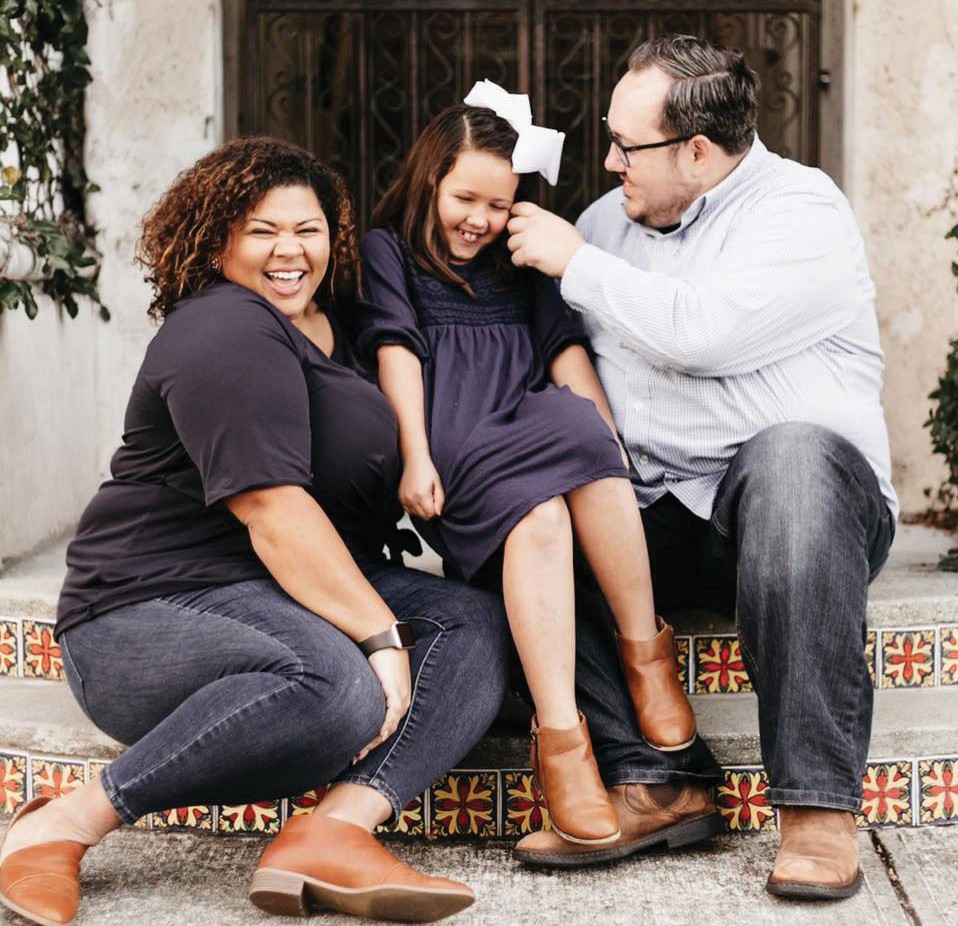You have free articles remaining this month.
Subscribe to the RP Witness for full access to new articles and the complete archives.
We live in a world that makes it incredibly hard, and at the same time far too easy, to share an opinion on social media.
I am more likely to die during childbirth, or in the six weeks following, than women of other ethnicities.
Infant mortality rates in the black community are higher than that of any other ethnicity.
Women typically makes less money than their male counterparts, and black women typically make less than their white counterparts.
Schools were not forced to desegregate immediately until 1969 (the year my parents graduated from college). In 2002 a report from Harvard’s Civil Rights Project concluded that America’s schools are resegregating.
At a restaurant, no one ever assumes that I am married to my white husband.
When we owned our home in Pittsburgh, it was assumed by every traveling salesman that I did not own my home, and therefore I was not worth the time for his sales pitch.
I have been assumed to be the hired help on infinite occasions, from when I was in high school, until very recently when I was holding a friend’s baby at a wedding and someone commented that it was very smart for them to bring someone to mind the baby.
When I was out with my daughter and not wearing a wedding ring, people would make comments about having babies and not being married.
People have made disapproving comments to Patrick and I about our interracial marriage.
I have to get dressed up to go to an urgent care or emergency room, because if I don’t I will be perceived as drug seeking.
If I succeed or earn praise in any arena, comments are made about it being related to a diversity initiative or inclusion efforts.
I often hear things like, “You’re so articulate.” “Is that your real hair?” “What are you?”
It’s hard to speak up because I have friends that have it even worse. But this is my life, and there are certainly instances and examples I am not including.
Watching officers and members of the churches I have been a part of combat the realities of my life has been one of the most hurtful things I have ever experienced.
Watching people act like this is a new problem has been incredibly painful. You know the 12-year-old kid who just discovered classic rock, and says, “I just found this new band! Have you ever heard of Metallica?!” Your recent discovery of something does not make it new.
I’m going to not be on social media for a while, and I think that’s OK. Many of you have fought this fight longer than I, and better than I; but I am tired. Ultimately, removing oneself from social media is not the same as removing oneself from the world, even though sometimes it feels like they’re the same.
I can choose to stop seeing the hateful things that some people I love are posting.
